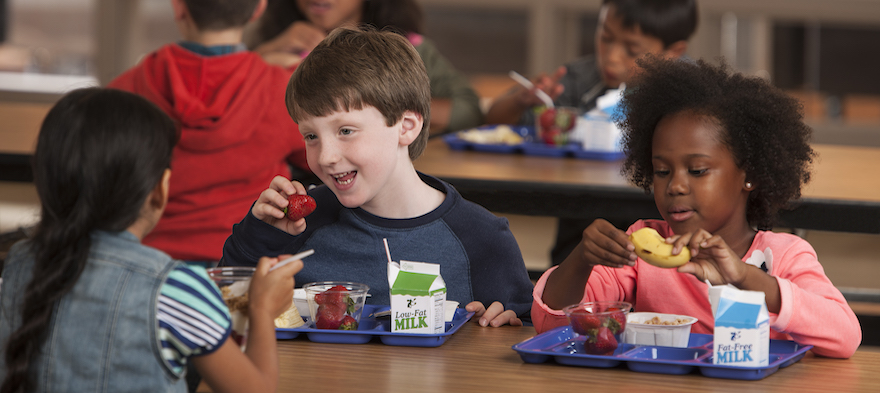
Mar 4, 2019 12:00:00 AM
by Wendy Turner
Wendy Turner teaches second grade at Mt. Pleasant Elementary School in Wilmington, Delaware. She is passionate about connecting learning in the classroom to the real world. Deeply committed to social-emotional learning, she guides her students to embody respect, empathy, citizenship and growth mindset through dynamic classroom experiences. She advocates for educating the whole child, trauma invested learning, and equitable school breakfast practices. She is a 2016 Presidential Awardee for Excellence in Teaching Science, the 2017 Delaware Teacher of the Year, a 2018 NEA Foundation Excellence in Education Award Recipient, a 2019 NEA Foundation Global Fellow and a No Kid Hungry School Breakfast Fellow.
Few issues in education spark more tension and debate than standardized testing. Are they a tool for equity or a burden on students? A necessary check on school systems or a flawed measure of...
Charter schools are public schools with a purpose. Operating independently from traditional school districts, they're tuition-free, open to all students, and publicly funded—but with more flexibility...
Despite the benefits of a diverse teaching force, prospective teachers of color fall out of our leaky preparation pipeline at every stage: preparation, hiring, induction, and retention. Here’s what...
Ed Post is the flagship website platform of brightbeam, a 501(c3) network of education activists and influencers demanding a better education and a brighter future for every child.
© 2020-2025 brightbeam. All rights reserved.
Leave a Comment